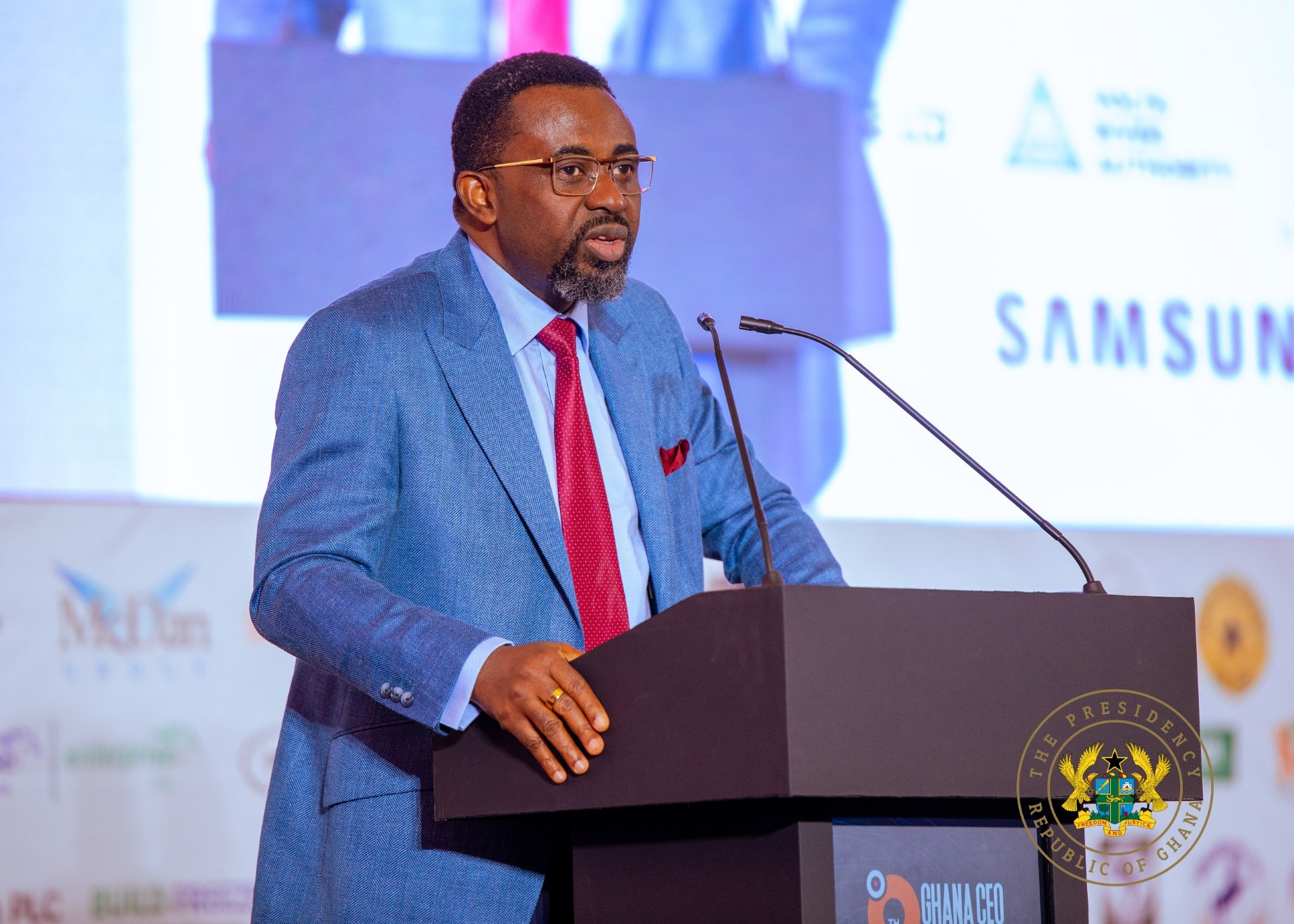Read also:
- Ghana unveils major reforms to strengthen intellectual property system
- Cedi must remain Ghana’s unquestioned medium of exchange – BoG Governor
- GFA stands with Aduana FC after supporters’ accident; Frederick Acheampong visits victims
- FIFA president faces political neutrality review after endorsing Trump, ethics crisis deepens World Cup anxiety
- Your ticket is not a visa – US Secretary of State sends warning to football fans ahead of 2026 World Cup
Johnson Pundit Asiama, The Governor of the Bank of Ghana, says managing a modern currency now involves many sectors, including technology, security, payments, design, and global finance, making collaboration more important than ever.
He made this statement during the Cedi@60 International Currency Conference in Accra on Tuesday, November 18, 2025, where he explained that currency management today “sits at the intersection of many disciplines,” each contributing to the stability and trust Ghanaians place in the cedi.
Mr. Asiama said the 60th anniversary of the cedi offers an opportunity to reflect on the journey of Ghana’s currency and its importance to the economy and national identity. He noted that the presence of President John Dramani Mahama at the conference highlights the national importance of protecting the cedi’s value and future.
He explained that from markets and small shops to farms and trotro stations, the cedi has served generations of Ghanaians and supported daily life, business growth, and community development for six decades.
Looking ahead, the Governor said younger Ghanaians are growing up in a world where digital interactions are instant and expectations for transparency and convenience continue to rise. This means the country must prepare for how physical cash and digital money will coexist.
He highlighted global changes in finance, including digital payments, central bank digital currencies, tokenized assets, artificial intelligence, and geopolitical shifts, which are reshaping how people save, trade, and secure their financial future. These trends, he warned, introduce new vulnerabilities that demand strong leadership and coordination between institutions.
Mr. Asiama said the Bank of Ghana is working to modernize payments and strengthen the e-cedi project to ensure secure and interoperable systems suited to Ghana’s realities. He also stressed the need to protect the cedi from dollarisation and other pressures that threaten economic sovereignty.
He added that Ghana’s engagement with international partners is crucial because issues affecting modern currencies cross borders. The conference, he said, brings together central bankers, payment experts, currency designers, security providers, academics, and industry leaders, showing how broad the field of currency management has become.




